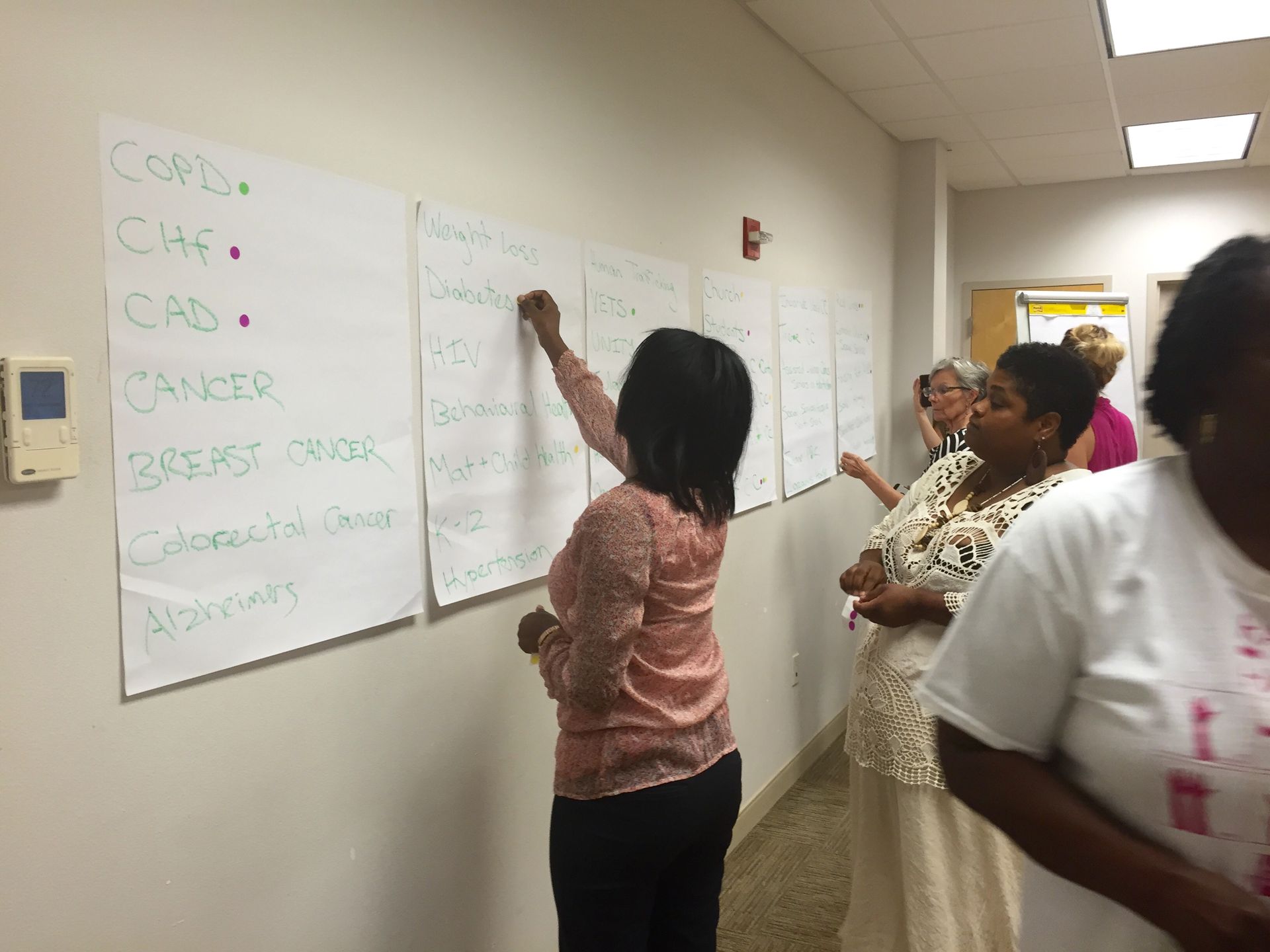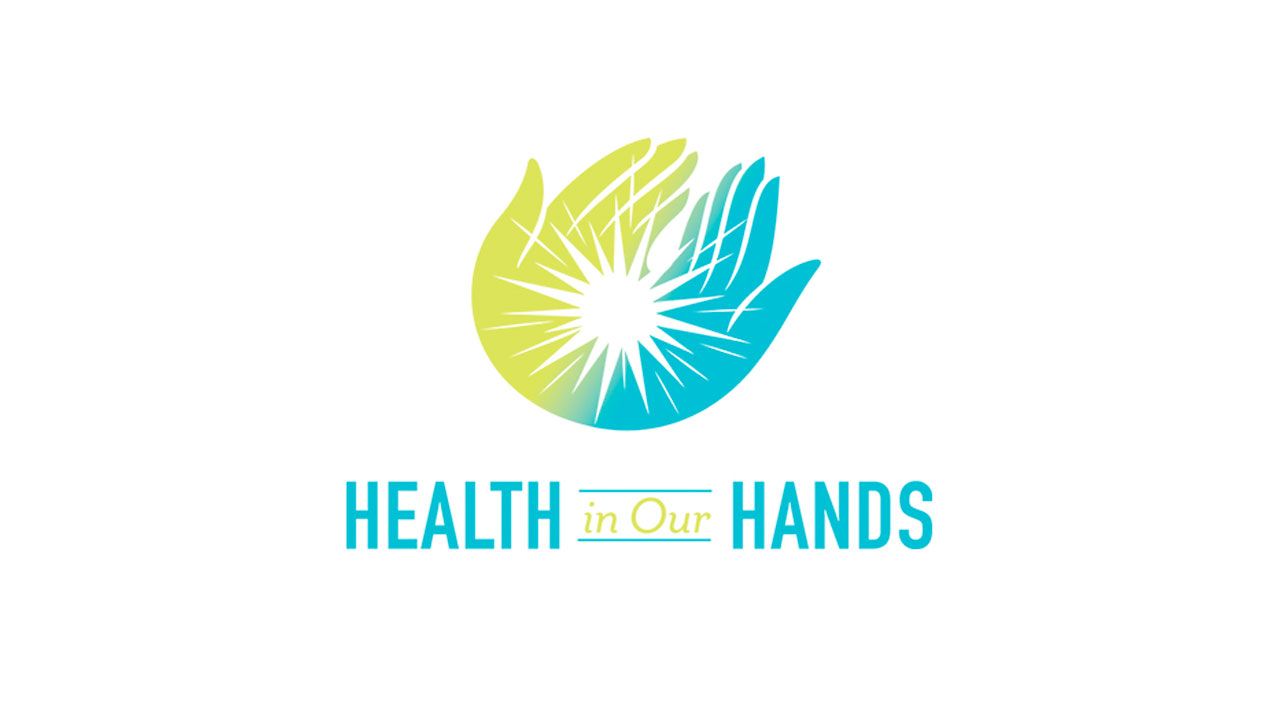"I know we're all different; we all come from different backgrounds and nationalities. But diving into my health made me curious about everyone else. Disease prevention and access to healthcare is a tough road. You have to be your own advocate. You have to fight for your healthcare. You have to really get involved."
-Tiffany Jones, Patient Partner
"I love working with REACHnet as a Patient Partner because it is a reciprocal relationship. I have seen the results of my contributions shape research projects and patient engagement initiatives."
-Ava Zebrick, Patient Partner
Uplifting Patient Voices
Patient engagement is key to ensuring that research adequately addresses the needs and values of the community. At REACHnet, we prioritize the inclusion of individuals, organizations, and communities that may have a direct interest in the processes and outcomes of a study.
Patients are considered equal partners in research teams alongside researchers, doctors, and others who will be impacted by the findings. The inclusion of patients with diverse backgrounds and experiences and the amplification of these voices makes research more equitable and representative.
REACHnet has worked hard to recruit a small cohort of REACHnet Patient Partners that represent our member states of Louisiana, Texas, and California. The Patient Partners inform active and prospective projects, provide valuable feedback on research topics and design, and guide other community outreach and education activities. Follow the link below to meet the Patient Partners and learn about what paths brought them to REACHnet.

About REACHnet
REACHnet is a partnership between several distinct healthcare organizations that connects patients, researchers, and healthcare providers to conduct patient-centered research. Our goal is to encourage patients and their families to collaborate with healthcare professionals and researchers.
Launched in 2014, REACHnet is a partnership between the Louisiana Public Health Institute (LPHI) and several partner health systems in Louisiana, Texas, and California. REACHnet is a PCORnet® Clinical Research Network that collects and centralizes data from electronic health records for more than 19 million patients. This process helps researchers understand how health conditions and interventions impact people from diverse backgrounds.
Because REACHnet works with a diverse patient population, we are able to support studies that recruit a highly representative sample of participants, including patients who have been traditionally underrepresented in research. This helps produce more informative evidence to guide healthcare decision-making. We engage researchers, healthcare partners, and patients just like you!

Health in Our Hands
REACHnet offers opportunities for patients and their families to collaborate with healthcare professionals and researchers through the Health in Our Hands Community.
Health in Our Hands (HiOH) is a group of dedicated patients who have a vested interest in health research. HiOH coordinates opportunities for patients to learn about and give input to current research projects. In addition, HiOH provides an opening for constructive dialogue between patients and offers training sessions and workshops to explore fundamental aspects of patient-centered research, such as, health equity, data literacy, and more.
Follow the link below to learn more about the HiOH Community.

Your Voice in Action
Since 2014, REACHnet has centered patient engagement across various studies. Some projects that have included patients as partners are:
Louisiana Experiment to Address Diabetes: Zero-Dollar Copayment (LEAD-ZDC): This study examines whether lowering out-of-pocket costs for select medications impacts medication adherence and health outcomes for patients with diabetes. Learn more about this study here.
Congenital Heart Initiative: Redefining Outcomes and Navigation to Adult-Centered Care (CHI-RON): This study evaluated how often adults with congenital heart defects (CHDs) receive recommended care from their heart doctor and how health outcomes differ for patients who do or do not receive recommended care. Learn more about this study here.
